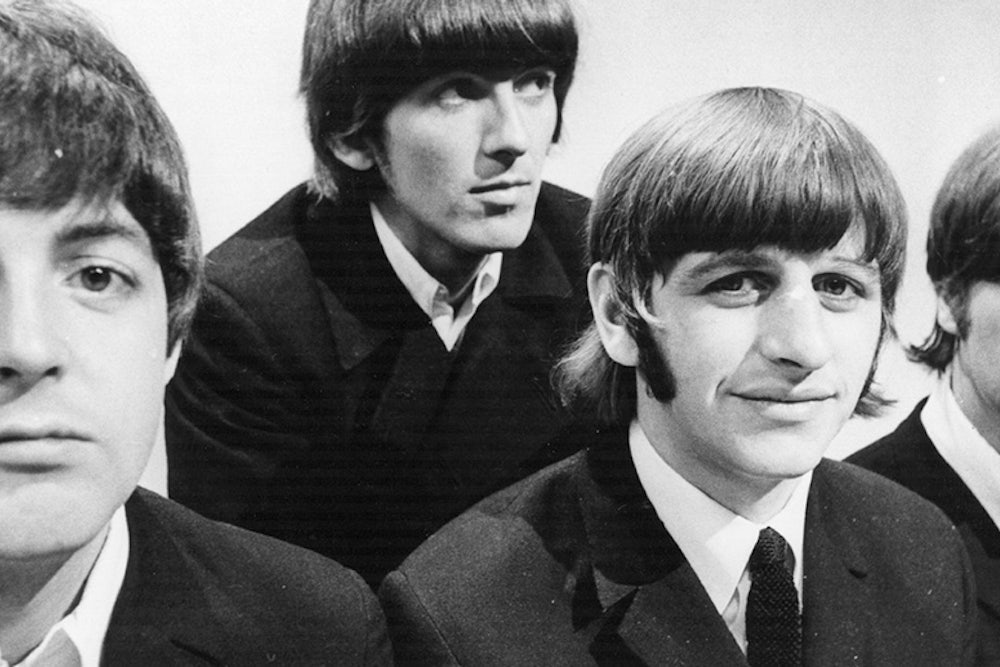Psychologists and philosophers have long puzzled over why people enjoy songs about sad topics. Even more paradoxically, some of the saddest songs are set to upbeat tunes—The Beatles’ “Hello, Goodbye,” Billy Idol’s “Dancing With Myself,” Third Eye Blind's “Semi-Charmed Life.”
In a new paper published in the journal Psychology of Music, a pair of researchers from Hiroshima University in Japan, Kazuma Mori and Makota Iwanaga, describe an experiment showing that perceiving sadness in music can actually induce pleasant feelings in the listener. Mori and Iwanaga recruited 51 Japanese college students and had them listen to happy-sounding songs with a fast tempo and a major key with lyrics either in Swedish or Spanish—languages the students didn’t understand. These lyrics expressed sad ideas on topics like “adolescent distress and confusion” or “broken hearts and regret.” A few minutes after hearing the upbeat song (with lyrics they didn't understand), the students read Japanese translations of the lyrics. Two weeks later, the researchers brought the students back to the lab and had them listen to songs that again had happy tunes and sad lyrics, but this time, they simultaneously read translations of the lyrics in Japanese. After each presentation, the students registered how they felt on a seven-point scale from zero (“very unpleasant”) to six (“very pleasant”). They also answered questions on their perceptions of the emotion expressed by the material—ranking the intensity of the song’s happiness and sadness on a scale of zero-to-six.
If the students heard only the happy-sounding song with foreign lyrics, they ranked their perceptions of happiness as 4.7 and sadness as 1.1, and gave their own feelings, on average, a score of 3.5 on the unpleasant-pleasant axis. When they read translations of the sad lyrics, without listening to any music, they understood the whole experience as much less happy, and found it personally unpleasant, too: They gave it an average score of 1.3 on perception of happiness, 4.4 on perception of sadness, and 2.5 out of six on personal feelings of pleasantness. But if they listened to the upbeat song while reading the translations of the sad lyrics, their pleasantness scores recovered nearly to what they were when they only heard the sad lyrics in a foreign language, at 3.2. The happiness score was also not too far off, bouncing back to 3.1, while sadness remained a 3.3.
“Although the happy-sounding foreign songs with translated sad lyrics were rated as expressing the same intensity of happiness and sadness, they induced pleasant feelings in participants in the same way as happy foreign songs did,” concluded Mori and Iwanaga.
Why isn’t it painful to listen to songs about heartbreak and loneliness? The researchers believe we might actually seek them out to experience feelings we can relate to—and that experience of connecting to the song is more powerful than the sadness it describes. “People listen to music largely as a result of the desire to experience the emotions induced by listening to it,” they write—and music that combines different emotions in unexpected ways may be particularly affecting. “Music with opposite-valence lyrics is effective in the expression of complex emotions which cannot be captured only by instrumental music or lyrical content alone.”
